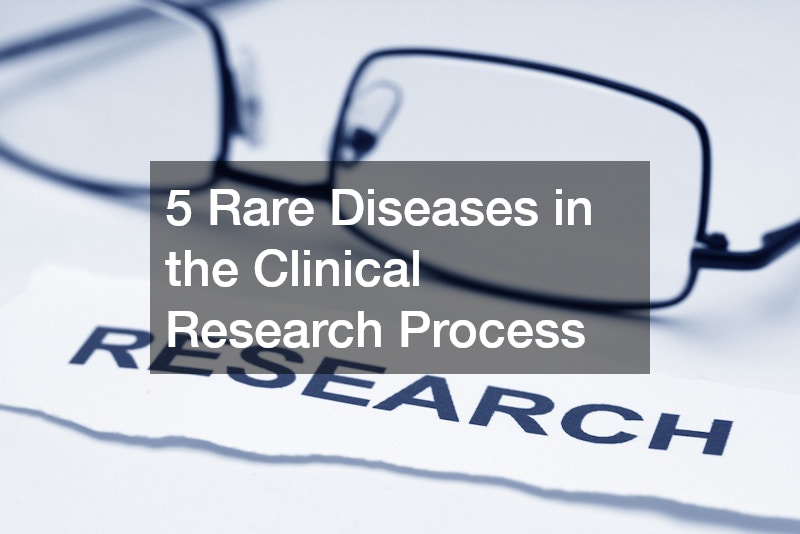
Rare diseases affect a small percentage of the population, often leaving patients with limited treatment options. However, advancements in rare disease clinical research recruitment are shedding light on these conditions and offering hope. Here are five rare diseases currently being studied in clinical trials.
Huntington’s Disease
This genetic disorder affects the brain’s nerve cells, leading to a gradual decline in motor skills, cognitive functions, and mental health. Clinical research focuses on slowing the progression of symptoms and improving patients’ quality of life. Gene therapy and medications targeting symptom control are key areas of interest.
Cystic Fibrosis
Cystic fibrosis is a life-threatening disorder that affects the lungs and digestive system. In clinical trials, researchers are exploring advanced therapies to improve lung function, reduce infection rates, and enhance overall survival. Research into genetic therapies and modulators is offering promising results.
Gaucher Disease
This metabolic disorder causes harmful substances to build up in organs like the liver and spleen. Clinical studies are looking into enzyme replacement therapies and gene-editing techniques that could potentially treat the underlying genetic mutations that cause Gaucher disease.
Duchenne Muscular Dystrophy
Duchenne muscular dystrophy is a genetic condition characterized by muscle degeneration. Clinical research is focused on identifying therapies that can restore or preserve muscle function, such as gene therapies and protein-based treatments, aiming to slow the progression of the disease.
Fabry Disease
This rare genetic disorder affects the body’s ability to break down certain fats, leading to severe complications, including kidney failure and heart disease. Clinical trials are examining enzyme replacement therapies and gene therapy options to mitigate symptoms and prevent long-term damage.

Rare disease clinical research recruitment is a beacon of hope for patients with rare diseases, offering the potential for improved treatments and, in some cases, cures.




